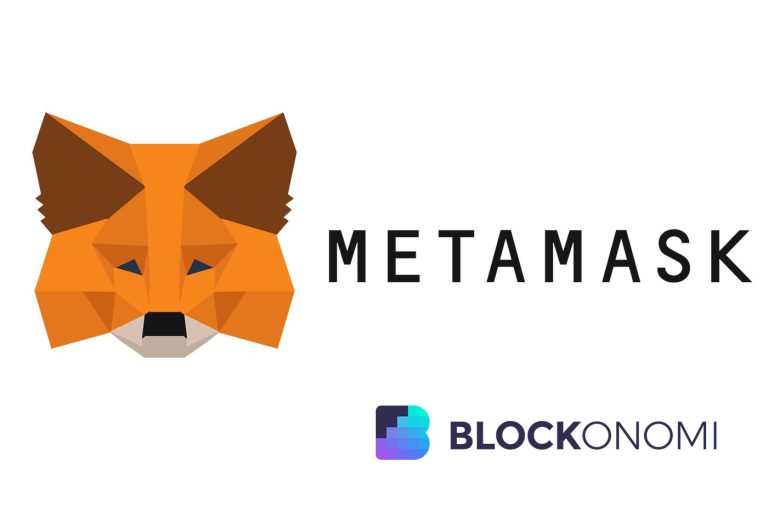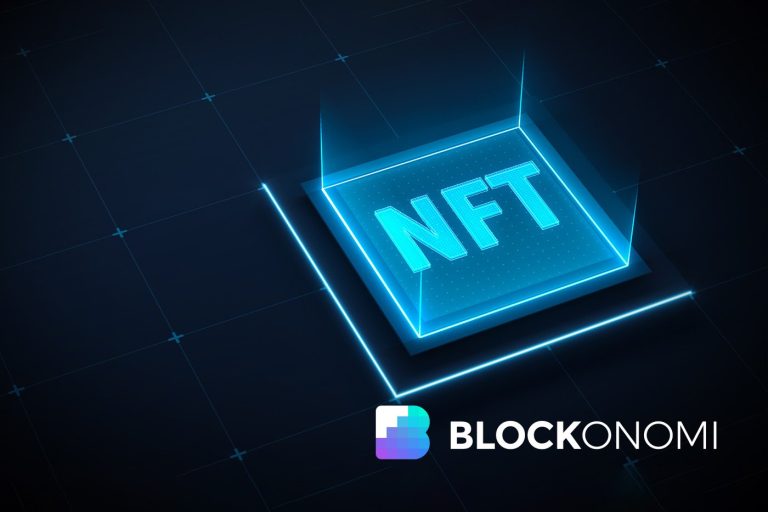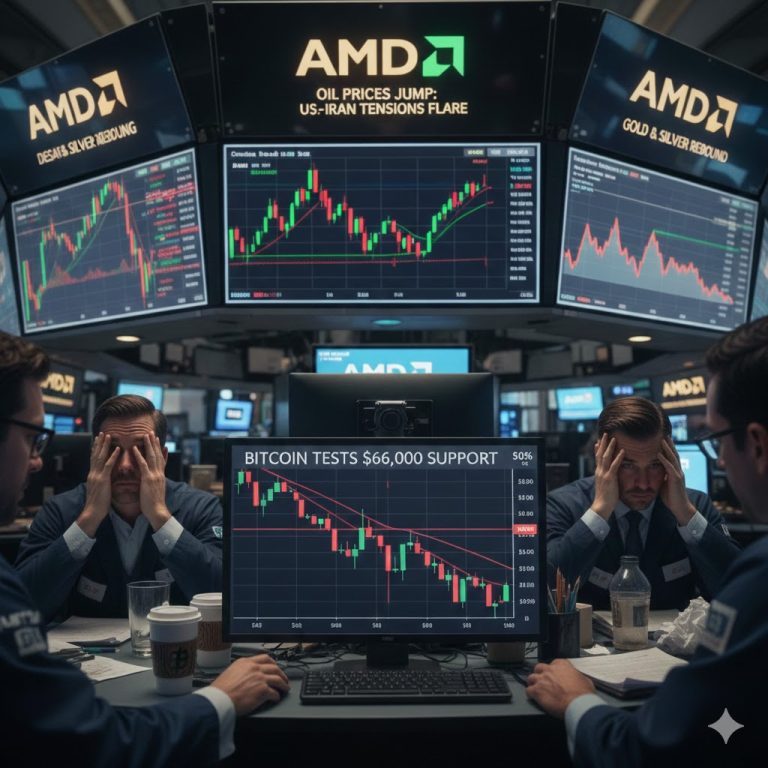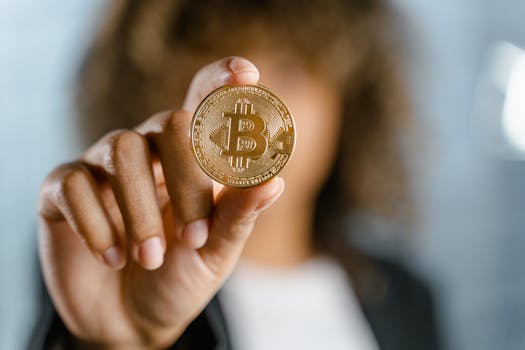
Navigating the Future: Emerging Trends in Fintech Technology
Fintech, or financial technology, has become an integral part of our lives. With the rise of digital payments, online banking, and mobile wallets, the way we manage our finances has changed dramatically. The Fintech industry is rapidly evolving, with new trends and technologies emerging every day. In this article, we will explore the current state of fintech and what the future holds.
Current State of Fintech

The fintech industry has experienced rapid growth over the past decade. According to a report by KPMG, the global fintech market is expected to reach $124.3 billion by 2025, growing at a compound annual growth rate (CAGR) of 23.4%. The industry has seen the emergence of new players, such as PayPal, Stripe, and Square, which have disrupted traditional banking and payment systems.
Emerging Trends in Fintech
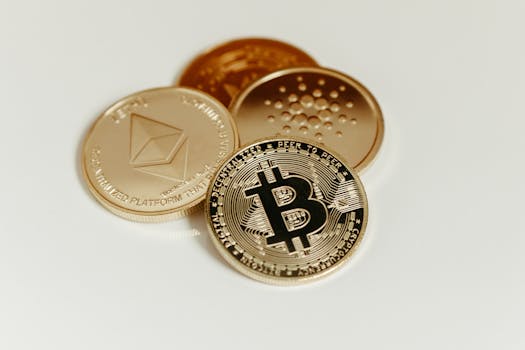
Several emerging trends are shaping the future of fintech. Some of the key trends include:
- Artificial Intelligence (AI): AI is being used to improve customer service, detect fraud, and offer personalized financial advice.
- Blockchain: Blockchain technology is being used to create secure and transparent payment systems, as well as to facilitate cross-border transactions.
- Internet of Things (IoT): IoT devices are being used to enable contactless payments and to track financial transactions.
- 5G Networks: The rollout of 5G networks is expected to enable faster and more secure financial transactions.
Future of Fintech
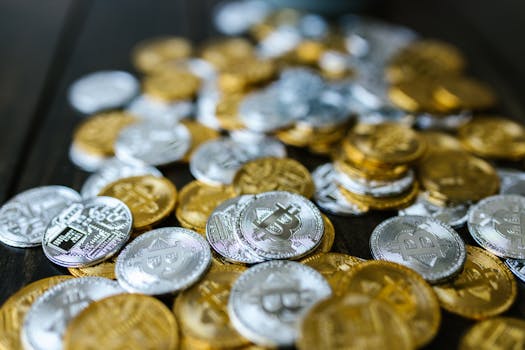
The future of fintech looks promising, with new technologies and innovations emerging every day. Some of the key areas to watch include:
- Central Bank Digital Currencies (CBDCs): Several countries are exploring the development of CBDCs, which could potentially replace traditional fiat currencies.
- Decentralized Finance (DeFi): DeFi platforms are being developed to offer decentralized lending, borrowing, and trading services.
- Quantum Computing: Quantum computing has the potential to revolutionize the fintech industry by enabling faster and more secure transactions.




